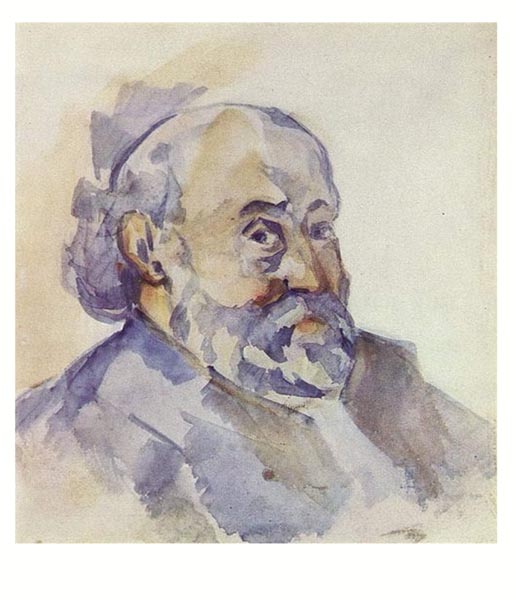
Raya’s comment refers to the recent passage by the American Studies Association of a boycott against Israel’s universities and academics.
from the UW AAUP listserv, a post by Raya Fidel
I’m not familiar with the ASA’s procedures and their deliberations about the boycott statement. But I think it is important to understand that Israel is not a small, poor, week, and persecuted country. Or a country where “individuals and groups … have no power to do anything about whatever it is they are being accused of.” Israel has a well-developed military industry and is the third exporter of arms after the U.S. and Germany, it has a strong army, and it has nuclear weapons. Also, it gets 3 billion dollars annually from the U.S. (which is the largest support the U.S. gives to any country).
An example of the constructive effect of a boycott is the latest moves of the European Union. It refused to have Israel participate in its Horizon 2020–a program that provides millions of Euros for research and development–unless the Government makes sure that no money goes to any project that includes the participation, directly or indirectly, of entities associated with the settlements in the occupied territories.
This boycott is much more severe than the ASA one. While he ASA boycotts academic institutions (not individuals), the European one creates tremendous difficulties. The settlements’ economy became a part of the Israeli one, which makes separating them for a particular project very complex or even impossible. Nevertheless, the Israeli government decided to accept these conditions.
This is definitely a step forward because as long as the Government supports and expands the settlements, a peace agreement is completely out of reach.
One may claim that the European boycott is motivated by Anti-Semitism, the desire to erase the Jewish state of the map, or other usual arguments. But this is clearly not the case. At the same time it introduced the boycott, the European Union announced that it would provide an unprecedented (their term) financial support to both the Israeli and the Palestinian authorities once they sign a peace agreement. Such generosity can come only from friends of Israel.
As an Israeli who has great attachment to the country I support the boycott because of my concern for Israel’s future.
Raya Fidel